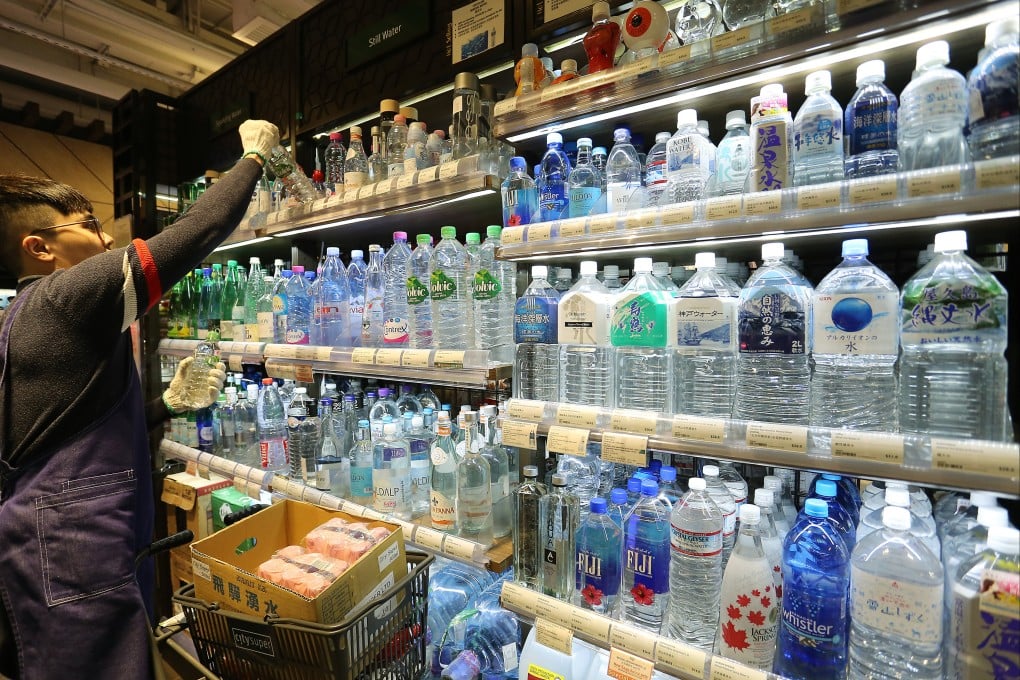Letters | To tackle plastic bottle waste, Hong Kong needs legislation with targets and teeth
- Some drink manufacturers promised in 2018 to increase recovery rates for used beverage containers, but have avoided setting concrete targets on reducing excess packaging
- The government must step in with legislation that forces producers to take responsibility for plastic pollution

The three-month public consultation on a proposed producer responsibility scheme for plastic beverage containers ended last May. But there have been no updates from Secretary for the Environment Wong Kam-sing regarding details of the legislation. The minister’s term of office will end next month.
Many similar pledges and pilot schemes have appeared locally and abroad already. In February, Coca-Cola Company pledged to make at least 25 per cent of its global beverage packaging reusable by 2030. Its franchise in Hong Kong, Swire Coca-Cola, has yet to commit to any similar target.
Beverage producers worldwide have been criticised for being too slow in tackling plastic waste caused by their massive adoption of single-use packaging.
Reducing the production of single-use packaging is not a direction welcomed by producers, as it might adversely affect sales volumes and profits. So they embrace recycling instead. However, plastic cannot be recycled endlessly.